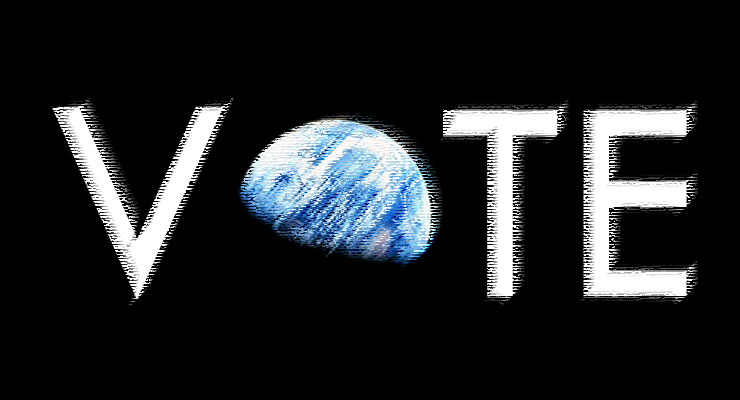 The Russian invasion of Ukraine marked a turning point in the democratic recession. Until now the recession has involved declines in freedom and democracy within nations. Autocracies became more autocratic, while democracies suffered genuine backsliding. The War in Ukraine is different. Russia seeks to impose autocracy in Ukraine through military conquest.
The Russian invasion of Ukraine marked a turning point in the democratic recession. Until now the recession has involved declines in freedom and democracy within nations. Autocracies became more autocratic, while democracies suffered genuine backsliding. The War in Ukraine is different. Russia seeks to impose autocracy in Ukraine through military conquest.
Democracy was already in retreat before Russia’s invasion. According to Freedom House, “As of today, some 38 percent of the global population live in Not Free countries, the highest proportion since 1997. Only about 20 percent now live in Free countries.” The democratic recession currently underway dates back to 2005. At first autocracies simply became more autocratic, but in recent years it has affected consolidated liberal democracies. Even the United States has suffered an 11-point decline over a ten-year period. The Economist Intelligence Unit already describes it as a flawed democracy.
Despite widespread recognition of the democratic recession, few have recognized the implications for international relations. After the collapse of the Soviet Union, most nations adopted democratic norms on paper if not in practice. “Most politicians,” according to Jie Lu and Yun-Han Chu, “rarely denounce democracy in public and have tried to present their behaviors, policymaking, and even power maneuvers as democratic…” Indeed, Vladimir Putin justified the Russian annexation of Crimea through a popular referendum and uses the language of human rights and democracy to justify his current invasion of Ukraine.
However, as democracy has declined so has the commitment to its norms in international relations and foreign policy. Democracy means nothing unless its deliberations lead to rules to govern society. The commitment to a rules-based order relies on a commitment to liberalism and democracy. Autocracy, on the other hand, allows for prerogatives to undermine the law within nations and between them. So, it’s no surprise autocratic norms lead to a less secure world. Moreover, corruption thrives under authoritarian governments. Unlike democracy where corruption is an occasional defect, corruption is a necessary feature of autocratic governance. Dictators use corruption to satisfy elites and stabilize their rule. Unfortunately, globalization has allowed corrupt wealth to invest in liberal democracies making nearly everyone complicit in the support of authoritarian rule.
At the same time, I recognize the War in Ukraine is not a conflict between democracy and autocracy. Nothing is that simple. Rather I view the conditions for the war dependent on the shift from democratic to autocratic norms in the international community. The response from the United States and its allies is important, because it seeks to reclaim international norms once again. The tools it has used so far have obvious limitations. Critics argue economic sanctions rarely if ever change the behavior of the targeted nations. However, economic sanctions may have a greater long-term influence on democratic nations as they decouple from Russia’s kleptocratic economy.
Indeed, the War in Ukraine will mark a turning point in the democratic recession. It may facilitate an acceleration in the deterioration of democracy as autocratic nations interfere in democracies through military force. On the other hand, it might bring about a revitalization of liberal democracies through a common cause. Democracy has lost its way in part, because it has lost its purpose. Liberal democracies around the world have united in solidarity to support Ukraine. However, it’s not clear whether its citizens will remain committed long enough to shift the momentum back towards freedom and democracy. The fate of democracy will depend on the resolve of its citizens and their political leaders. As Larry Diamond recently wrote, “There is nothing inevitable about the triumph of democracy. In this new era, the strategies and choices of democratic states and leaders will have consequences that resonate for decades.”
Leave a Reply